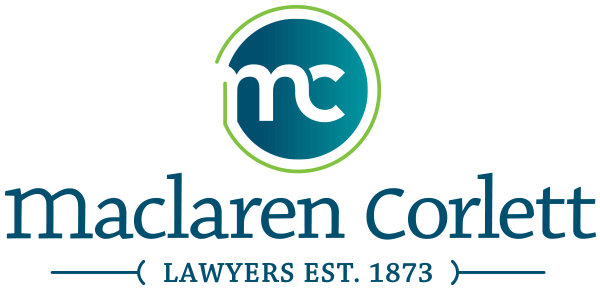Sports & Law – 3rd Period in the Game of Advertising and Marketing
We are heading into the closing moments of the 3rd period of this blog…
Terms and Conditions – This phrase is most often used in relation to websites or promotional contests which are run by a product sponsor. When it comes to the terms and conditions of a website, one has to not only address the commercial aspects but also look to the privacy requirements. In addition, the website terms and conditions are where consumers go to find detailed and relevant information, which may include the extent of disclosure and use rights for personally identifiable information by the sports entity (in its broadest terms), the company itself and those affiliated with them.
When one looks at the terms and conditions in the context of a promotional contest, there are numerous details relating to contest duration, awarding of prizes, prizing details and value, method of entry, odds of winning, regionality etc. which must be disclosed as required by the Competition Act and the Criminal Code of Canada. However, the commercial meat on the bone of a promotional contest with a sports entity is to keep the product and the entity closely tied so the brands of each mesh to make participation in the contest attractive to consumers. When doing terms and conditions, rules and mini-rules for a promotional contest, the company or promotional agency should make sure to allow enough time before the launch of the promotional contest to have these documents also reviewed by the sports entity and their appropriate representatives.
Spokesperson – The creative mind of an advertiser should be aware of both the discipline and the ego of an athlete. The sports entity, whether it be an athlete, team, or other organization, should be aware that creativity cannot survive in the realm of rigidity and routine. Contracts between sports entities and companies must build comfort based upon a firm understanding of their relationship while permitting a degree of flexibility which is so necessary to make any relationship work. The ego of an athlete must coexist with a company’s perception of the reputation of its brand. Brand reputation is a brand owner’s ego. Sports entities and companies are fiercely protective of their images and intellectual property. Where a company is using anyone, sports entity or otherwise, as a spokesperson or endorser of a product or service it is very important to ensure that all statements made by this person in relation to the company’s product or services are true. Historically, there have been occasions where people have endorsed products which they have never used, and they and the company have been penalized for this. Ensure that never happens to you. Also, as the company entering into an agreement with a spokesperson, you should make certain that the spokesperson truly believes the statements they are making; that the statements are true; that the spokesperson warrants that they have actually used the product are continuing to do so during the endorsement period; that they have not endorsed or been a spokesperson for a competitive product in the past and that any contractual arrangement with them will bind them not to be a spokesperson for, or endorse, a competitive product for a reasonable period of time after conclusion of your contract with them. As mentioned in an earlier “period” of this blog topic, this is a reminder to never forget to include a morals clause in your spokesperson agreement.
Stay tuned for the post-game summary of this Sports Law blog. Three periods of blogs highlighted into one.



